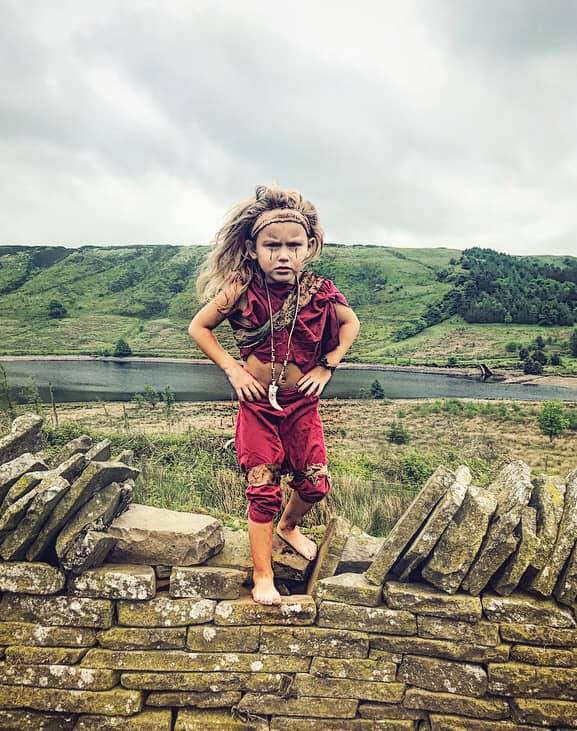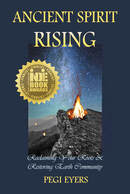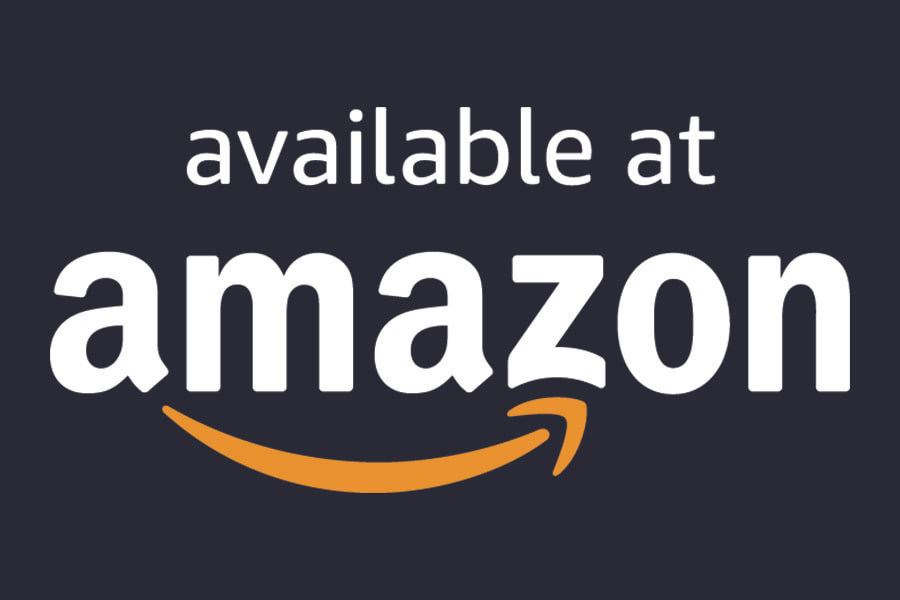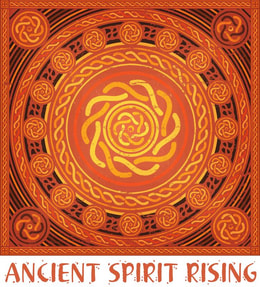PEGI EYERS
“Decolonization is as much a process as a goal. It requires a profound re-centring of Indigenous worldviews in our movements for political liberation, social transformation, renewed cultural kinships, and the development of an economic system that serves rather than threatens our collective life on this planet.”[1]
Tslagi/Algonquin activist and scholar Robert Lovelace, in conjunction with the Great Lakes Commons Initiative [2] has developed an excellent decolonization framework situated within the landscapes of the Great Lakes, with the mandate to move into an ecological-based society that is in symbiotic interaction with dynamic, living ecosystems. At the beginning of his presentation "The Architecture of a Decolonized Society: Reindigenizing the Self, Community and Environment," [3] Lovelace identifies the embedded racism and unsustainability of corporate capitalism.
Locke, Kant and the other early designers of capitalist theory failed to see any limitations, failed to see the fragility of nature, failed to see that the land and all beings have intrinsic rights, failed to see the consequences of the domestication of labour, and certainly failed to see the side effects of pollution in the economic paradigm they promoted. Our current political boundaries were created to serve a system of colonial settlement, resource extraction and industrial manufacture, and in the decolonization process Lovelace counsels us to pay attention to our local watersheds and biomes above all, and to reconfigure our governance systems to restore ecological balance.
Obviously, we have had enough of capitalism (!) and in these times of challenge and change, we need to study how the language, governance and social relations of Indigenous Knowledge fit perfectly into local ecosystems. Recognizing that a diversity of Indigenous societies are the “norm” within the landscapes of Turtle Island, it is possible to emulate the health and holism of the Indigenous worldview today, and also moving forward into the future. All the aspects of life we need to consider in our rejection of Empire are determined by, or reinforced by, our interaction with the local environment, and the use of energy, food security, diplomacy, trade, defensive boundaries, customary law [4] and the checks and balances of population levels are all physically defined by the existing watersheds and ecotones of our territory.
Adopting an Indigenous worldview means living lighter on the land, and building a society in which the ideal is to “never consume more than can be replenished in a particular ecosystem, and don’t expend more energy than what can be replaced by what is consumed.”[Lovelace] Setting these physical boundaries in place will naturally give rise to our own unique cultural expressions, rituals, ceremonies, dances, songs, poetry, stories and art, in short, a thriving ecodigenous tradition incorporating elements from our own ancestral traditions as appropriate, and in syncretisation with the local landbase. With our love for the Earth as our common ground anything is possible, and as Robert Lovelace suggests, being Indigenous to place is achieved “when the human and ecosystem activity support and enhance one another.”[Lovelace]
NOTES
[1] Nick Montgomery, “Monstrous Settlers: Zombies, Demons, and Angels,” Cultivating Alternatives to the Dominant Order (blog), 17/01/2013
[2] The Great Lakes Commons Initiative is “an effort to declare and live the Great Lakes as a commons, a protected bioregion and a public trust.” On the Commons www.onthecommons.org
[3] Robert Lovelace (Tslagi/Algonquin), The Architecture of a Decolonized Society: Reindigenizing the Self, Community and Environment, presentation, Kawartha World Issues Centre (KWIC), Trent University, Peterborough, ON, January 18, 2013
[4] Customary Law is the cornerstone of Indigenous culture(s) and human rights, and legal approaches for the protection of Indigenous Knowledge should be grounded in customary laws and practices. Ideally, customary law should exist next to national legal systems, and the recognition of customary law is key to regulating the use and protection of Traditional Knowledge.
RESOURCES
Customary Law and Traditional Knowledge - WIPO (World Intellectual Property Organization) www.wipo.int/edocs/pubdocs/en/wipo_pub_tk_7.pdf
Tslagi/Algonquin activist and scholar Robert Lovelace, in conjunction with the Great Lakes Commons Initiative [2] has developed an excellent decolonization framework situated within the landscapes of the Great Lakes, with the mandate to move into an ecological-based society that is in symbiotic interaction with dynamic, living ecosystems. At the beginning of his presentation "The Architecture of a Decolonized Society: Reindigenizing the Self, Community and Environment," [3] Lovelace identifies the embedded racism and unsustainability of corporate capitalism.
Locke, Kant and the other early designers of capitalist theory failed to see any limitations, failed to see the fragility of nature, failed to see that the land and all beings have intrinsic rights, failed to see the consequences of the domestication of labour, and certainly failed to see the side effects of pollution in the economic paradigm they promoted. Our current political boundaries were created to serve a system of colonial settlement, resource extraction and industrial manufacture, and in the decolonization process Lovelace counsels us to pay attention to our local watersheds and biomes above all, and to reconfigure our governance systems to restore ecological balance.
Obviously, we have had enough of capitalism (!) and in these times of challenge and change, we need to study how the language, governance and social relations of Indigenous Knowledge fit perfectly into local ecosystems. Recognizing that a diversity of Indigenous societies are the “norm” within the landscapes of Turtle Island, it is possible to emulate the health and holism of the Indigenous worldview today, and also moving forward into the future. All the aspects of life we need to consider in our rejection of Empire are determined by, or reinforced by, our interaction with the local environment, and the use of energy, food security, diplomacy, trade, defensive boundaries, customary law [4] and the checks and balances of population levels are all physically defined by the existing watersheds and ecotones of our territory.
Adopting an Indigenous worldview means living lighter on the land, and building a society in which the ideal is to “never consume more than can be replenished in a particular ecosystem, and don’t expend more energy than what can be replaced by what is consumed.”[Lovelace] Setting these physical boundaries in place will naturally give rise to our own unique cultural expressions, rituals, ceremonies, dances, songs, poetry, stories and art, in short, a thriving ecodigenous tradition incorporating elements from our own ancestral traditions as appropriate, and in syncretisation with the local landbase. With our love for the Earth as our common ground anything is possible, and as Robert Lovelace suggests, being Indigenous to place is achieved “when the human and ecosystem activity support and enhance one another.”[Lovelace]
NOTES
[1] Nick Montgomery, “Monstrous Settlers: Zombies, Demons, and Angels,” Cultivating Alternatives to the Dominant Order (blog), 17/01/2013
[2] The Great Lakes Commons Initiative is “an effort to declare and live the Great Lakes as a commons, a protected bioregion and a public trust.” On the Commons www.onthecommons.org
[3] Robert Lovelace (Tslagi/Algonquin), The Architecture of a Decolonized Society: Reindigenizing the Self, Community and Environment, presentation, Kawartha World Issues Centre (KWIC), Trent University, Peterborough, ON, January 18, 2013
[4] Customary Law is the cornerstone of Indigenous culture(s) and human rights, and legal approaches for the protection of Indigenous Knowledge should be grounded in customary laws and practices. Ideally, customary law should exist next to national legal systems, and the recognition of customary law is key to regulating the use and protection of Traditional Knowledge.
RESOURCES
Customary Law and Traditional Knowledge - WIPO (World Intellectual Property Organization) www.wipo.int/edocs/pubdocs/en/wipo_pub_tk_7.pdf
| ANCIENT SPIRIT RISING With 410 pages, full colour, extensive notes, live links and exhaustive references, the Ancient Spirit Rising eBook is “A Compendium for Change!” Available from Stone Circle Press or Amazon |



